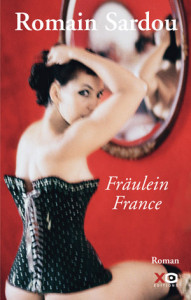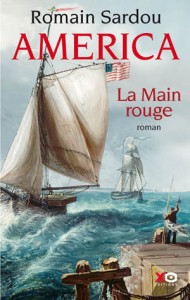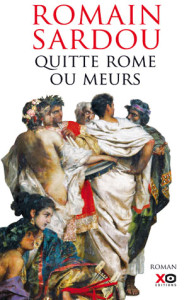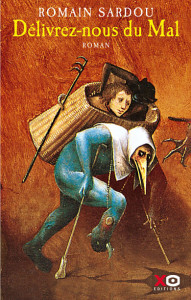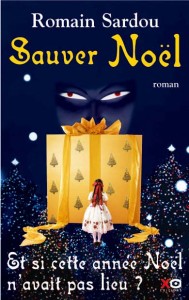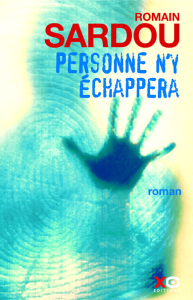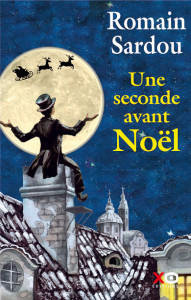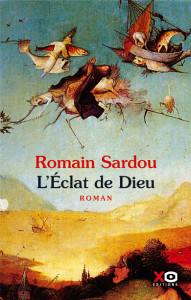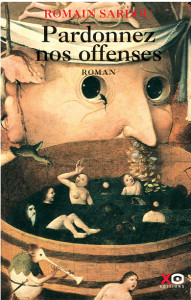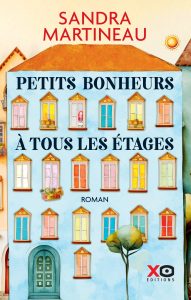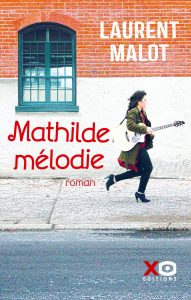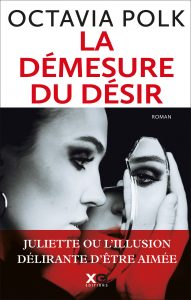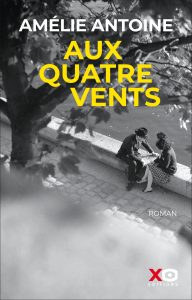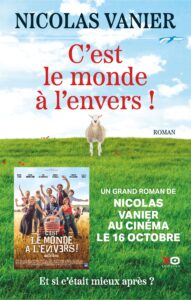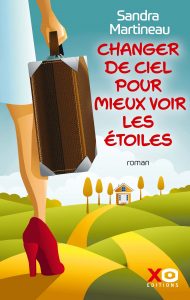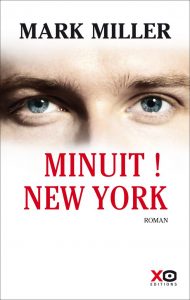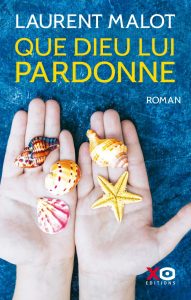I’ve always wanted to write this novel. It’s been slowly progressing over the years, as I added layer after layer. I’d never have been able to write this at the beginning of my career. At first, I thought I’d set it in the Middle Ages, but thought it would be more original to set it in the present time but in the narrative style of medieval fairy tales and love stories.
This fierce and tender comedy talks about love in the age of Tinder, when a new definition of the “couple” emerged, even as our society continues to evolve and devolve. Are you trying, with this story, to depict our present time?
Yes, but taking as a departure point the following paradox: those elements that don’t change from century to century better highlight the specificity of a period. When it comes to sex, sexuality, gender and the redefinition of the couple and of romantic codes, it’s good to remind ourselves that we are all in the same muck or the same ecstasy. Society can try all it wants to redefine intimate and private relationships, we all still say “I love you” the same way, and we all suffer the same pain.
The novel is called I LOVE YOU, a title that’s uncommon in literature. And the love story you portray is a true labyrinth, that we navigate with great delight.
The book tells the story of Camille and Camille. They’re just like any other couple living today, except that in all your life you’ll never cross paths with them. They experience a “perfect” love story, a true fairy tale, the ideal (idealized?) love between two people that you only find in fairy tales and storybooks. To achieve this, I deliberately revisited all of our romantic codes. Surrounding the couple however, you’ll meet many other couples, real this time, who are tangled up in the throes of romance. And since you can’t get perspective without contrast, the novel unfolds and explains itself by close juxtaposition. In medieval times, actors depicted our reality in morality tales, for example. These “exempla” were often short accounts of a slice of life or an action with consequences, that would inform the faithful. I followed this method in this novel.
This novel is also a stroll through Paris, highlighting the famous landmarks, secrets and quirks. Paris is the city of love, as they call it the world over. Is it still your city of the heart?
Yes, sometimes I feel I’m one of the last Parisians who loves Paris! But it is that very grouchiness that adds to the city’s charm and its heritage. In any case, Paris is inseparable from the novel, be it for the magic of the locations or that of their names: the gardens of the Hôtel de Sens, Viviani Square, the Alpine Garden, Rue Crémieux. In this instance, Paris is the map of love that brings Camille back to Camille.
Loving, it is understood, is the narrow ridgeline of our experience, and it requires a lot of balance to walk along it, which is hard to achieve. Should we despair or rejoice? And will the takeaway be optimism and joy, amid the dangerous liaisons you weave throughout the book?
The book leaves that question open for a reason. It would be risky to make a pronouncement about such a topic. More than most fiction, this novel lets the reader decide. Depending on our experiences, we will read different things into the story. That’s what adds magic: there’s always one part of gratitude for a good read.


